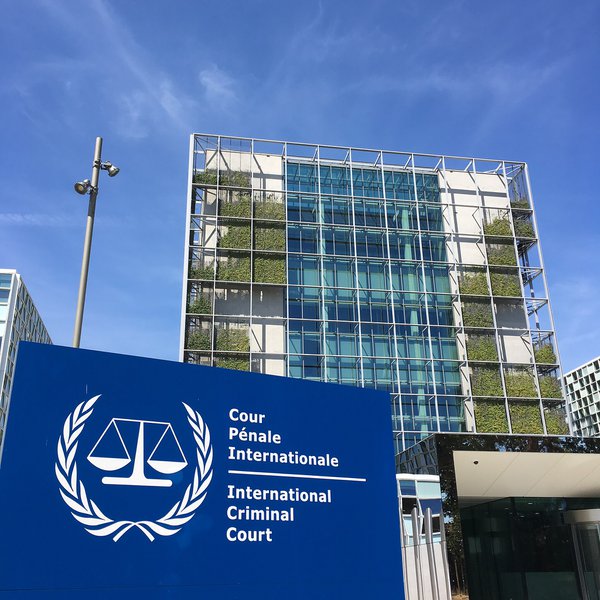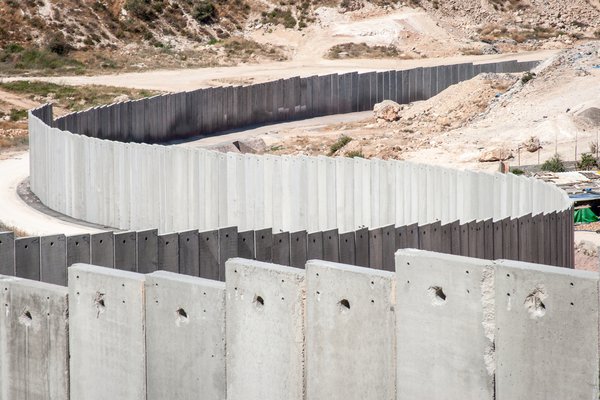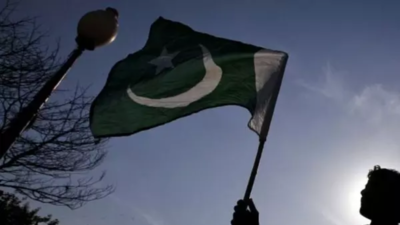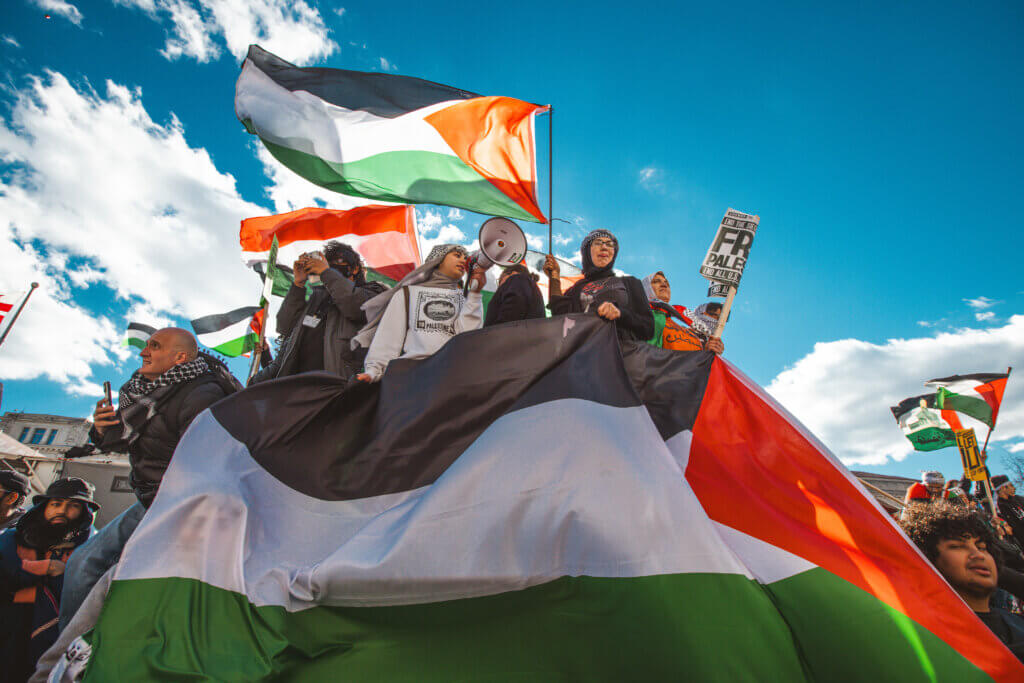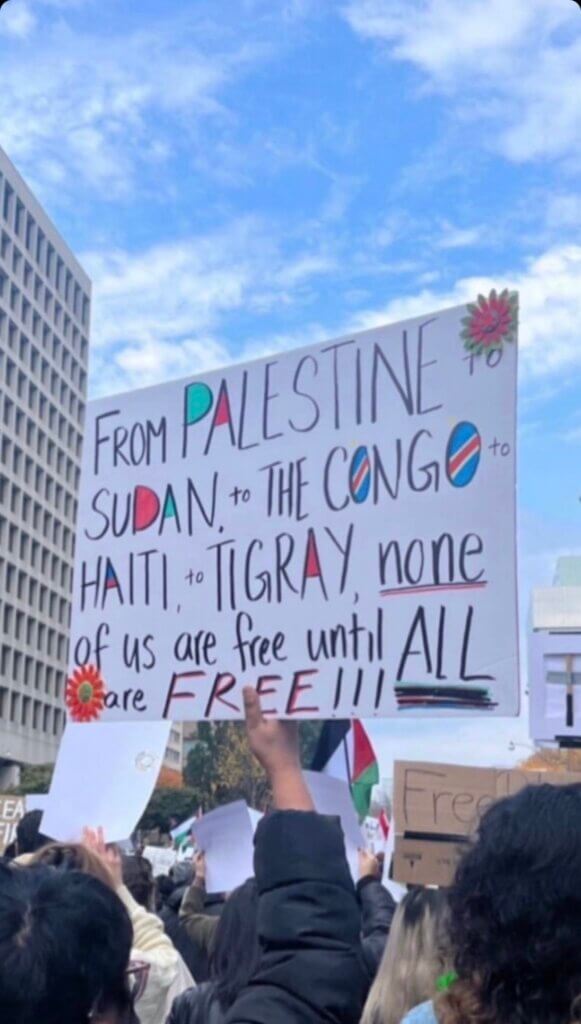A very sharp and mocking commentary is published by ‘The New York Post’ following the results of the World Economic Forum in Davos-2024: Who would have guessed freedom of speech would become the biggest barrier to saving humanity?
Luckily, a fix is pending from the billionaires, political poohbahs and other weasels attending this week’s World Economic Forum in Davos, Switzerland.
WEF has two big goals this year: “rebuild trust” and “crush dissent.”
OK, that last one is a paraphrase.
Instead, WEF is proclaiming the greatest peril humanity faces is “misinformation and disinformation.”
And how can we recognize “misinformation”?
Easy: It denies that Davos cronies should rule the world.
OK, that’s another paraphrase.
WEF’s latest Global Risks Report warns, “Some governments and platforms… may fail to act to effectively curb falsified information and harmful content, making the definition of ‘truth’ increasingly contentious across societies.”
In other words, governments must suppress “falsified” information to save truth.
WEF presumes governments are founts of truth — regardless of millennia of political deceit stretching back to the ancient Athens of Aristophanes’ satirical plays.
Or maybe it considers “truth” the same type of luxury nowadays as eating meat.
When the COVID pandemic erupted, WEF rushed to proclaim the need for a “great reset” to radically increase politicians’ power over every aspect of modern life.
Unfortunately, radically decreasing the non-elite’s living standards is the only way to save the planet, according to the fashionable experts.
British environmental activist Jojo Mehta performed one of Davos’ wackiest shows.
She hectored attendees to recognize that people making money from farming or fishing could be as guilty as people committing “mass murder and genocide.”
But if the elites succeed in stopping farmers from farming and fishermen from fishing, future Swiss shindigs may run short of caviar.
We are barely 2,000 days away from the halcyon time — the year 2030 — when WEF promised “You’ll own nothing and be happy.”
(Davos attendees are exempt, of course.)
Recent political reforms in many nations have furthered the first promise, ravaging private property rights and subverting individual independence.
But the world’s kingpins will need to tighten all the mental thumbscrews for propertyless serfs to “be happy.”
Public euphoria could be in especially short supply considering other policies championed in Davos.
“Individual carbon footprint trackers” are a popular panacea at Davos, and WEF has proposed the “setting of acceptable limits for personal emissions.”
How many burps will it take to get sent to Re-Education Camp?
Footprint trackers will be useless without imposing universal “digital identification,” another WEF pet project.
How can government “serve” people unless it can find and accost them at any moment, day or night?
WEF is also gung-ho on central-bank digital currencies.
The US dollar has lost 97% of its value since the Federal Reserve was created in 1913, but politicians deserve more arbitrary power over the currency, right?
The Davos crowd’s swagger is beyond parody.
“We will make sure that we bring together the right people,” WEF President Borge Brende promised, “to see how we can solve this very challenging world.”
But how can they have the right people when neither you nor I was invited?
Davos offers platitudes for democracy while championing ironfisted paternalist policies.
That’s why pervasive censorship is vital to carry out WEF-favored schemes to force common people to stop bothering the environment.
Government policies will be propelled by alarmist pronouncements that private citizens could debunk.
With WEF-sanctioned censorship, self-government could be replaced by “one person, one vote, one time.”
Whoever wins a national election will take control of the censorship regime and exploit it to insulate and perpetuate their power.
We already saw that here.
Censorship helped President Biden win the 2020 election, and his administration proceeded to carry out potentially “the most massive attack against free speech in United States history,” according to federal Judge Terry Doughty.
(The Supreme Court will settle that censorship controversy.)
But there is a specter haunting the Davos crowd.
WEF Chairman Klaus Schwab recently warned of “an anti-system which is called libertarianism, which means to tear down everything which creates some kind of influence of government into private lives.”
But it is not libertarians’ fault that Schwab’s standard for “some kind of influence of government” spurred cynics to claim WEF stands for World Enslavement Forum.
The most effective rebuttal at Davos of its sirens of subjugation came from the newly elected president of Argentina.
Javier Milei exhorted the friends of freedom around the globe: “Do not be intimidated either by the political class or the parasites who live off of the state. The state is the problem itself.”
Milei’s scoff at people “motivated by the wish to belong to a privileged caste” was perhaps the ultimate face slap for the self-proclaimed saviours in Switzerland.




